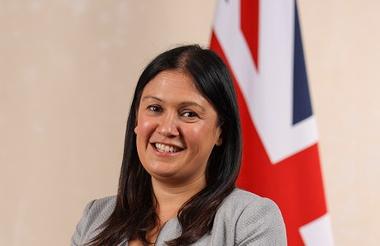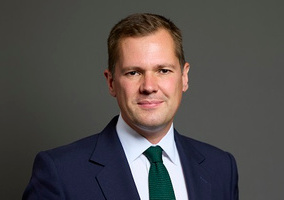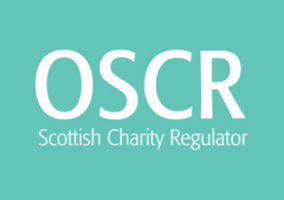Some sector leaders have expressed concerns over culture secretary Lisa Nandy’s plans to enable the Charity Commission to bar anyone convicted of hate crimes from serving as a trustee.
Nandy told the Daily Telegraph last Saturday that the watchdog would be handed greater powers to pursue charity leaders who use their positions to promote violence or hatred.
She said: “We have seen too many shocking cases where extremists have tried to exploit charities to spread hate and division. That cannot be allowed to continue.
“That is why we will ensure the Charity Commission has the powers it has asked for to bar anyone convicted of hate crimes from serving as a trustee or using charitable status as a shield for extremist activity. There can be no place for hate in our charity sector.”
The commission confirmed the plans, with a spokesperson saying: “We are robust in using the powers parliament has granted us whenever required, dealing robustly with those who misuse charities for malign purposes including supporting extremism or terrorism.
“As the range of these threats grows, we know our powers must keep pace. We are in welcome dialogue with the government to ensure our powers and our corresponding resources are fit for the present and the future.”
Nandy’s comments came days after Conservative MP Tom Tugendhat said in an interview with Talk TV at his party’s annual conference that the regulator needed extra powers to combat “Muslim Brotherhood ideology” in the UK.
Concern over blanket ban
People with certain unspent convictions including for some offences such as those related to terrorism, money-laundering and bribery are already automatically disqualified from being trustees or senior charity managers.
Automatically disqualified people can also apply for a waiver from the regulator, although only one was granted last year.
Speaking to Civil Society, Unlock’s chief executive Paula Harriott said she would not be in favour of a blanket ban for people with hate crime convictions from being trustees.
“We can add that crime to the safeguards but I don’t think we should just automatically say nobody with that crime can ever become a charity trustee, because people change some might have been convicted of a minor hate crime,” said the CEO, whose charity supports people with convictions.
Meanwhile, Debra Allcock Tyler, chief executive of the Directory of Social Change, said tackling extremism in the sector was “way more complex than simply banning folk convicted of hate crimes from being trustees”.
“Some of the best trustees in our sector have lived experience,” she said in a LinkedIn post.
“There are many who have been convicted of crime who tell a powerful and compelling story of redemption and not letting the past dictate your future and who would shine and inspire in a trustee role.”
She added, however, that some charities “do spread hate, and appear to be allowed to” under current rules.
“Their leaders, as far as I am aware, have not been convicted of any crimes and they are able to spread division under the cover of charity law,” she said.












